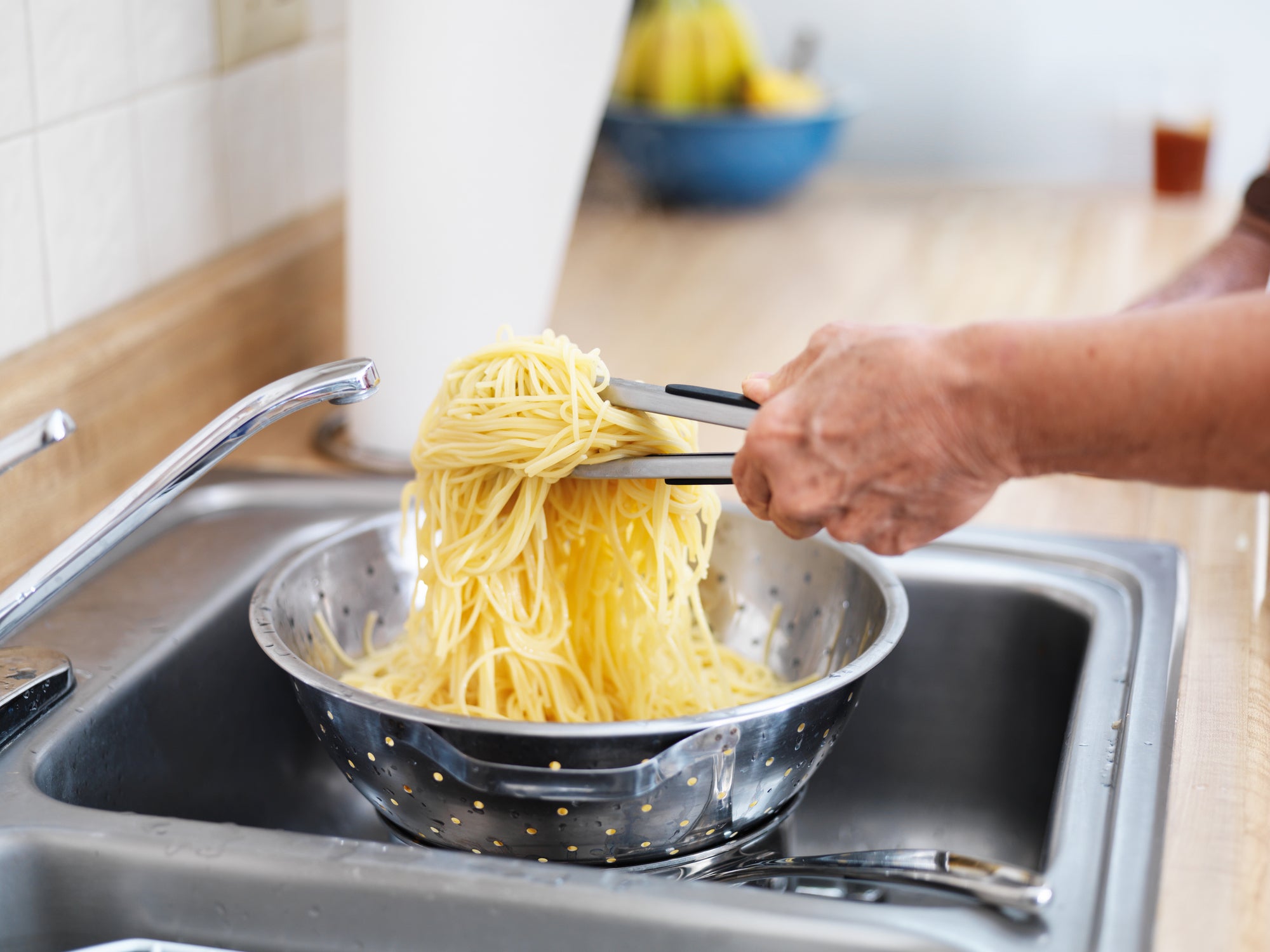Cooking pasta may often seem to be an art instead of a science – but there’s one way nutritionists back to get the most out of your meal.
It turns out that cooking pasta for too long is not advisable. Starch in overcooked pasta can release nutrients into the cooking water, including protein, carbohydrates, and fiber.
Generally, experts say the “al dente” way, meaning the pasta is still firm when you bite into it, is king.
Pasta that’s overcooked could spike your blood sugar, raising the risk for heart disease, stroke, and other complications.
“Overcooked pasta has a greater impact on blood sugar levels than al dente pasta,” Michelle Hauser, a clinical associate professor of surgery at Stanford Health Care, explained in a statement.
Pasta cooked the al dente way is more chewable and digestible.
“Our digestion slows down, as does the absorption of the glucose contained in the starch: the result is a lower glycemic index,” International Pasta Organization said.
The glycemic index is a measure of how quickly a food can make your blood sugar, or glucose, rise. Only foods that contain carbohydrates have a glycemic index. Lower ranked foods are pasta, oatmeal, carrots, nuts, fruits, and much more. Higher ranked foods include watermelon, potatoes, processed cereals, and white bread. The scale goes from 0 to 100, which indicates pure glucose.
A lower glycemic index means that blood sugar levels increase more slowly in the body, whereas a high index increases quickly. For people with diabetes, foods with a high index can make it harder to control your blood sugar. Eating foods with a higher glycemic index can also potentially leave diners hungry and tired after eating.
“Your body will react to the glucose elevation by producing more insulin to metabolize it. However, the insulin rush will deplete that blood glucose within the next couple of hours. You may even feel exhausted, shaky, and woozy if your glucose level drops too low too quickly, a state called hypoglycemia,” Harvard Medical School explains. “And you'll probably crave a high-glycemic snack, which certainly won't help with weight loss.”

A low-glycemic diet requires more processing time in the digestive system. As a result, you remain satisfied for longer.
But, that’s not the only way to keep the dish as healthy as possible.
Make sure to never rinse the pasta after cooking. Or, you could see any nutritional value wash down the drain.
“When you rinse pasta, you’re washing away most of the starches and nutrients that you were seeking to enjoy in the first place,” the University of Wyoming warned.
Scientists reveal the unexpected ingredient for cooking the perfect pasta
I’m a dietitian. Here’s what I really think about seed oils
How to make the sunniest carbonara you’ll eat all summer
Ikea plans to cut food prices and offer free kids meals amid cost-of-living crisis
How Anna Wintour changed fashion over 37 years at Vogue
The best and worst outfits from Jeff Bezos and Lauren Sánchez’s celebrity wedding







